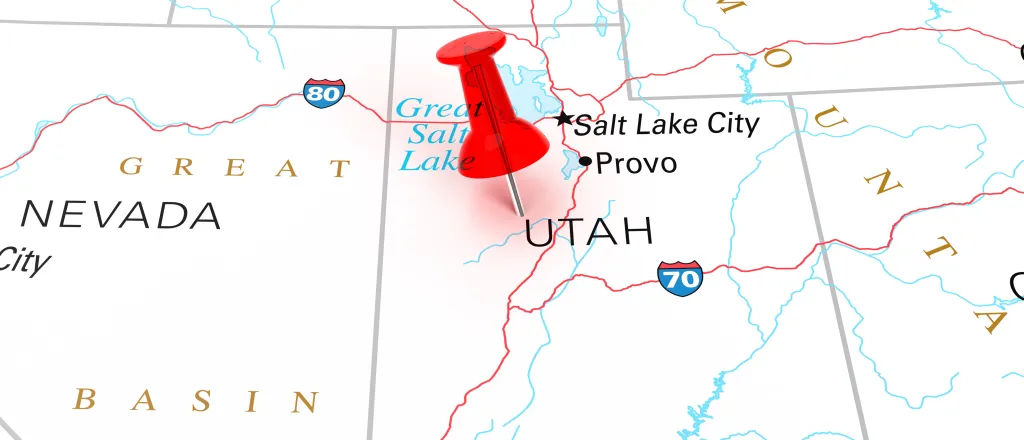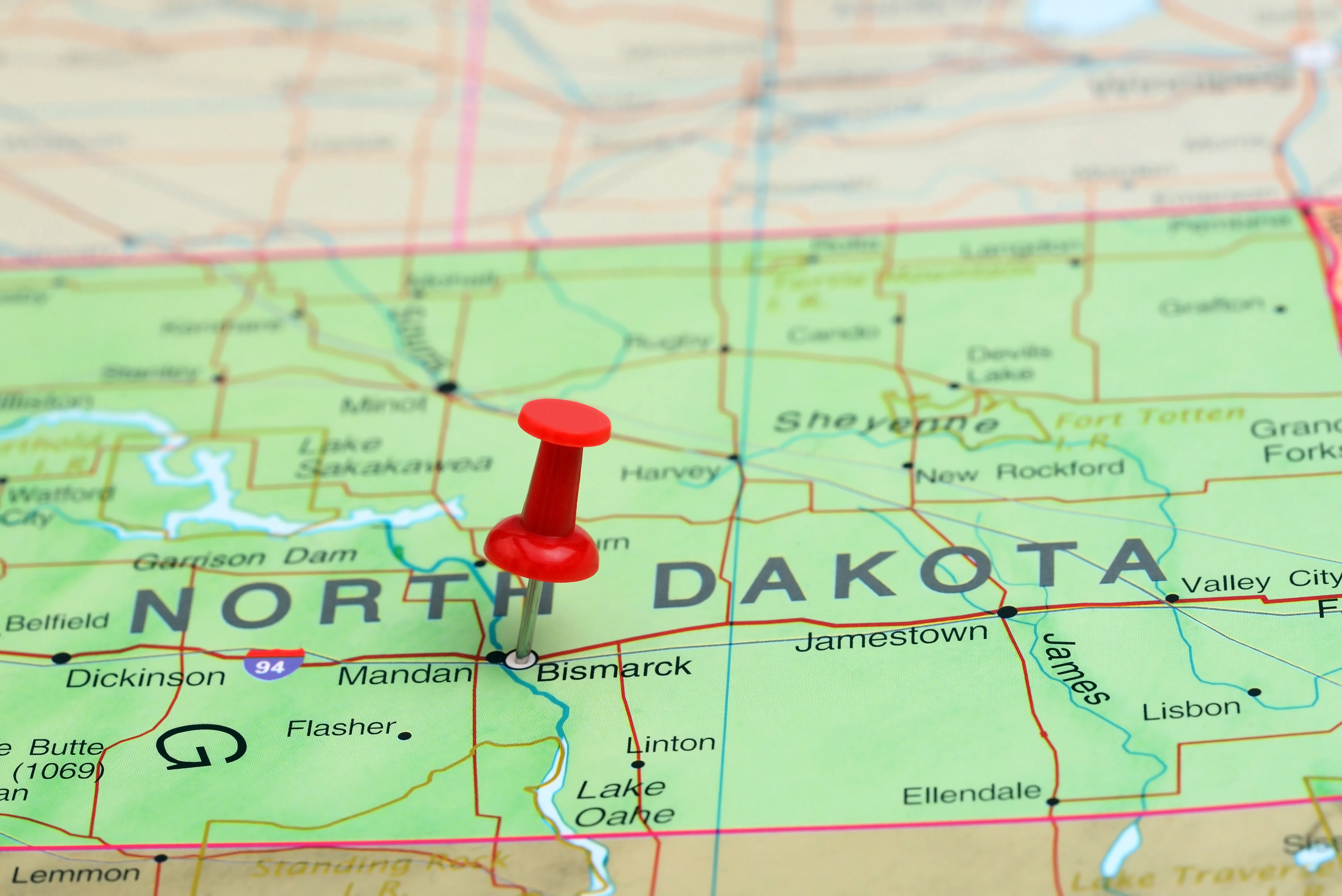
Utah State University looks to improve early identification of autism in children
Click play to listen to this article.
(Utah News Connection) Utah lags behind the national average of identifying children for autism.
In an effort to improve the state's standing, the Institute for Disability, Research, Policy and Practice at Utah State University will offer free, remote early identification of autism training for Utah service providers.
Janel Preston, special educator at the university, said when early identification is missed, children and families are not getting critical services to increase overall quality of life.
"It is really important for providers, as well as just the general public, to have a better understanding of what autism is," Preston urged. "And how we can help support and increase that awareness, acceptance."
Data from 2020 show 10 Utah children per 1,000 were identified to have autism by age 4. The national average is more than 20 per 1,000. Preston pointed out the Autism ECHO sessions will start on Sept. 25 and will aim to give educators, providers, case managers, administrators and families the tools they need to improve identification.
Preston acknowledged it is hard to pinpoint why Utah falls behind in the early identification of autism but suspects it could be due to lack of access. She added in comparison to other states, Utah is pretty rural, which can pose unique challenges.
"If you live along the Wasatch Front you have access to a lot of things," Preston explained. "But coming maybe from San Juan County, that is a long drive into the Wasatch Front, which requires families to take time off from work, if you have a child that is not able to make transitions very easily that can then cause a ripple effect."
Preston added children who go years without being diagnosed can struggle to navigate interactions with peers, manage school work and get a job later in life.
Preston hopes the program provides all kinds of Utahns the ability to foster connections and community.
"I could say, 'Hey, I have this kid or this family, this is what is going on, what are some things that I could do? What are some resources that I might not be aware of?'" Preston emphasized.















